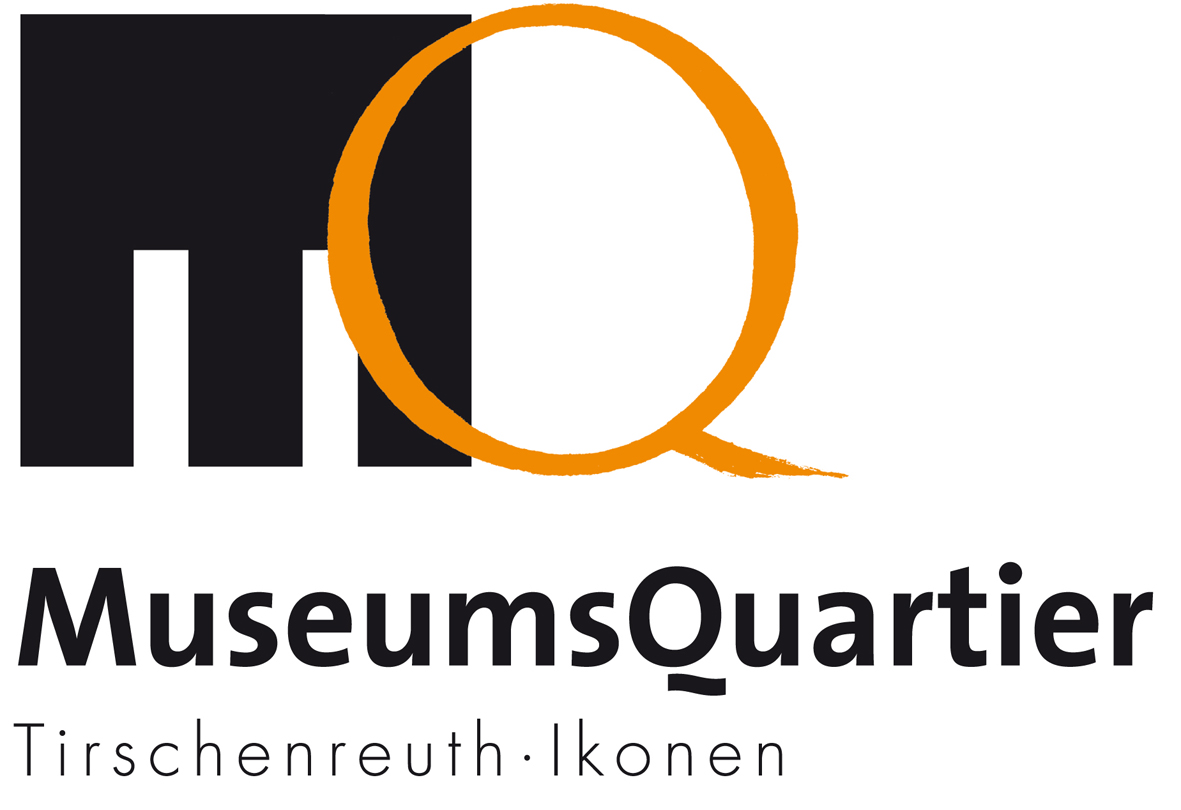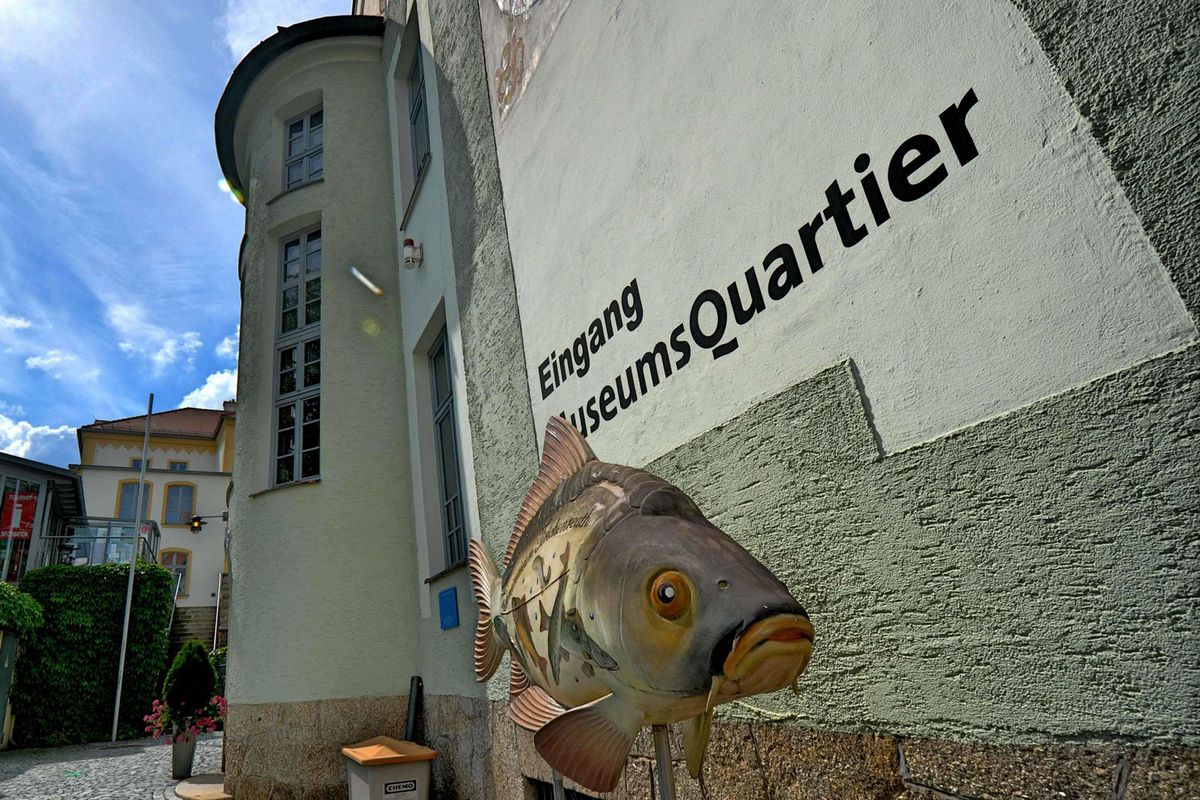
Interesting exhibitions await you at the Tirschenreuth “MuseumsQuartier“.
Start at the Upper Palatinate (Oberpfalz) fishery museum, which opened in 1993 and offers historical insight into the local tradition of fish farming. Then walk through an underground passage to a former monastery which hosts another six specialized exhibitions presenting information on the history of the town, the fate of the German-speaking inhabitants of Bohemia after World War II, the porcelain industry, nativity scenes, icons and the most famous son of our town: Johann Andreas Schmeller, author of the first “Bavarian Dictionary”.
The “MuseumsQuartier” is the cultural centre of the town of Tirschenreuth – colourful and full of life.
Adress & contact details
MUSEUMSQUARTIER (MUSEUM DISTRICT)
of the town of Tirschenreuth
Regensburger Straße 6
95643 Tirschenreuth
Phone: +49 (0) 96 31 / 61 22
Fax: +49 (0) 96 31 / 30 09 89
info(at)museumsquartier-tirschenreuth.de
Opening hours
| Day of the week | Opening hours |
|---|---|
| Monday | closed |
| Tuesday | 11.00 am - 5.00 pm |
| Wednesday | 11.00 am - 5.00 pm |
| Thursday | 11.00 am - 5.00 pm |
| Friday | 11.00 am - 5.00 pm |
| Saturday | 11.00 am - 5.00 pm |
| Sunday | 11.00 am - 5.00 pm |
The museum is open all year long except December 24th, 25th and 31st.
Entrance fees
| Ticket | Price |
|---|---|
| Adults | 4,00 € |
| Discounted for students and the disabled | 2,50 € |
| Groups of 10 or more | 3,00 € (per person) |
| Children and young people under 18 | free of charge |
Annual ticket for adults² | 12,00 € |
| Discounted annual ticket (for students and the disabled)² | 6,00 € |
² These tickets are also valid for all special exhibitions. Concerts, workshops etc. are not included in the annual tickets.
The “MuseumsQuartier” regularly hosts special exhibitions, lectures, readings and concerts, During the summer months, these often take place in the neighbouring rose garden.
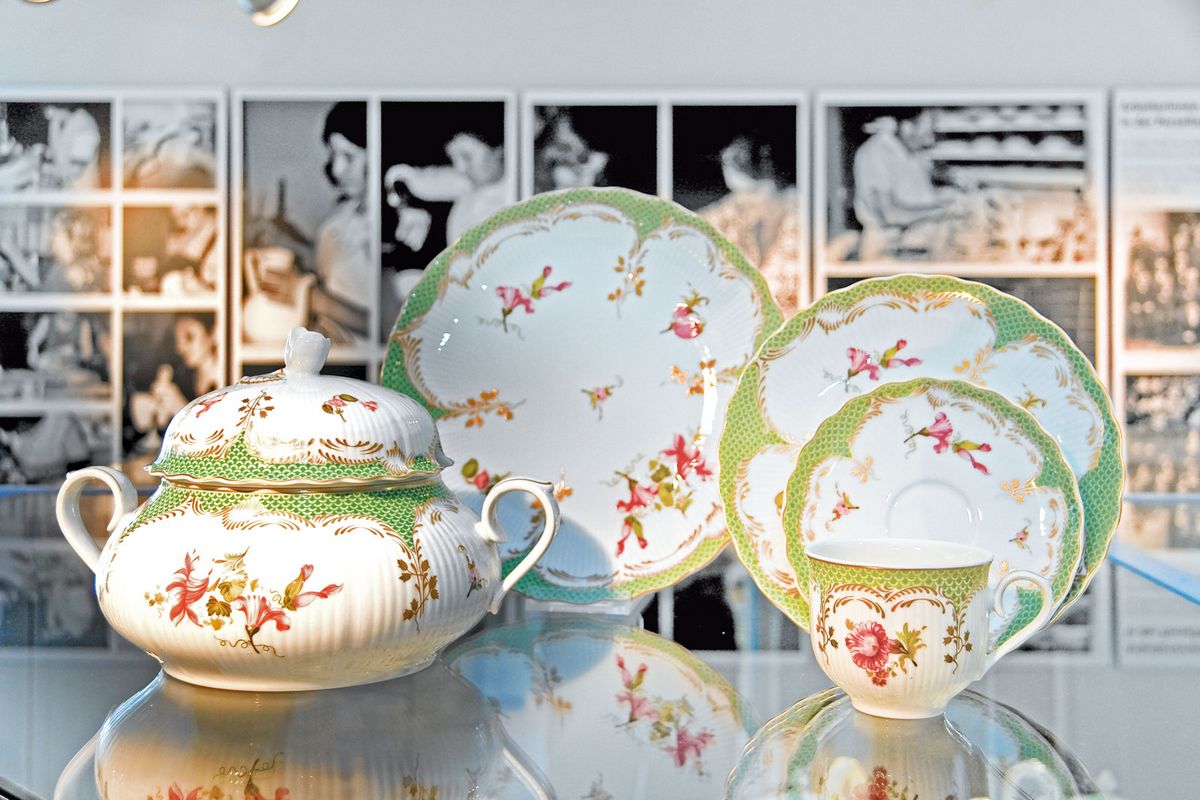
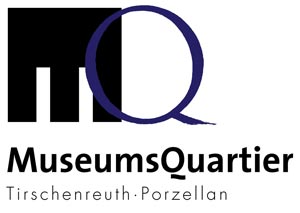
Between 1838 and 1994 Tirschenreuth was one of the centres of the German porcelain industry. High quality china was produced here for many years and is highly regarded by connoisseurs of fine tableware. The exhibition shows a diverse and interesting selection of Tirschenreuth porcelain.
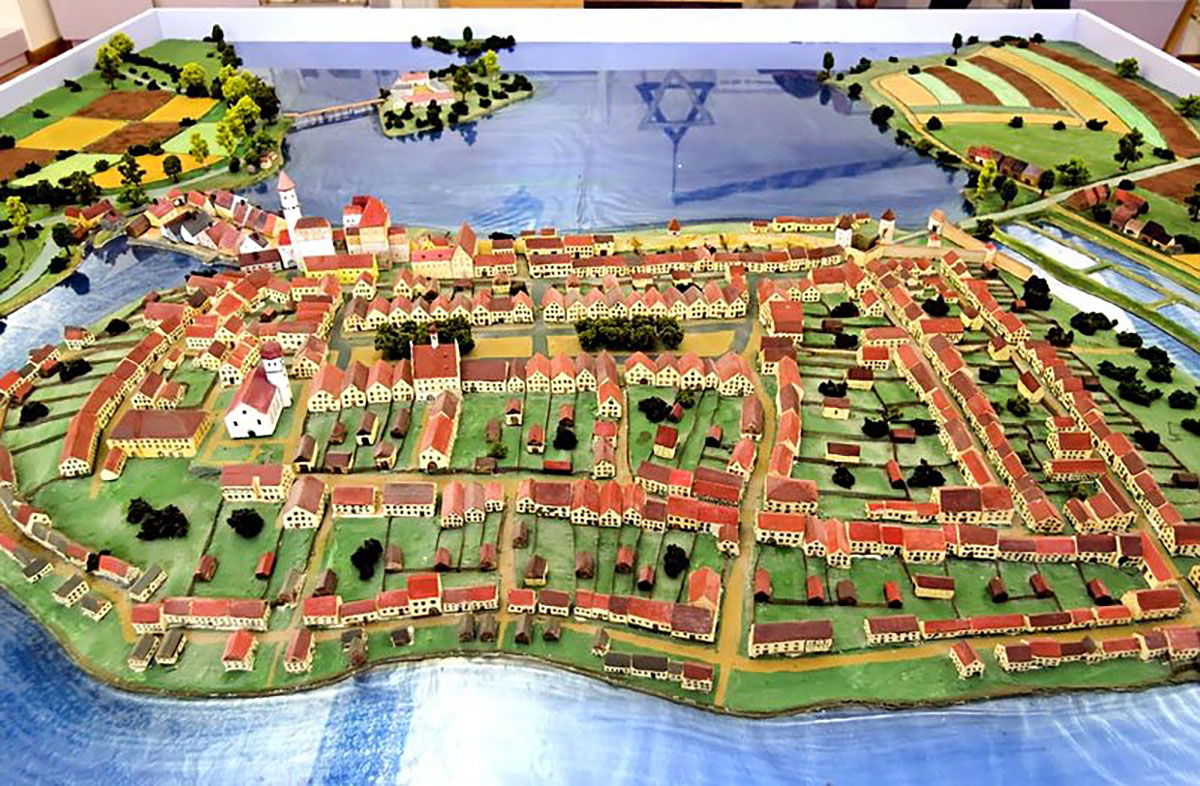
The “MuseumsQuartier” presents the history and the development of the town and the people who lived and live in and around Tirschenreuth. On your way through an underground passage you will learn about the geology of the region, as well as its cultural development right up to the most recent historical events.



The former fishery museum of the Bavarian region called “Oberpfalz” (Upper Palatinate), which is now incorporated in the “MuseumsQuartier”, allows visitors to discover, observe and study the natural history of fish-related businesses in our region, making them understandable for everybody. Nearly one thousand years of the development of fishery and fish farming can be explored, here. In four large aquariums domestic fish can be admired and those with some knowledge of German can listen to our story-telling fish at the museum.

With its striking aquariums the “House at the Pond” offers an essential addition to the “MuseumsQuartier”.


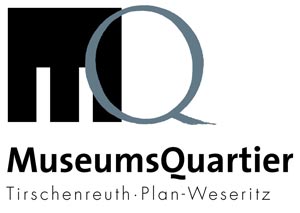
The towns of Plan and Weseritz are located just beyond the German-Czech border, in the region of Bohemia. The people who lived there up until their eviction after World War II found a new home in Tirschenreuth and have preserved their memories of the history of the Plan-Weseritz area. The exhibition shows in an impressive way how the former German-speaking inhabitants of Bohemia were expelled and were integrated on this side of the border.
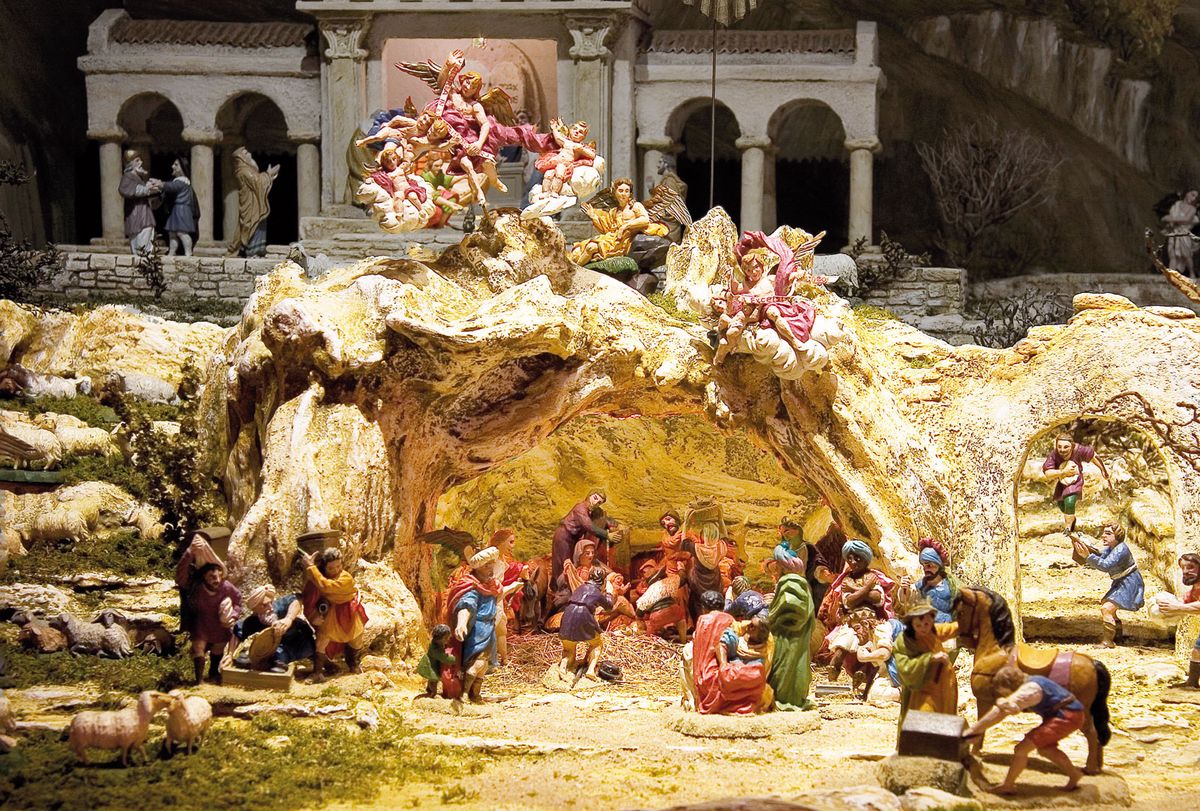
Carving, arranging and viewing wooden nativity scenes is a traditional custom among the citizens of Tirschenreuth. During the “silent”, the contemplative Christmas time people used to visit each other in their homes and look at their often very elaborately arranged nativity scenes. In the “MuseumsQuartier” you can admire some of the most beautiful examples.
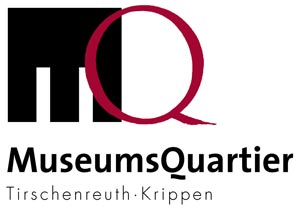

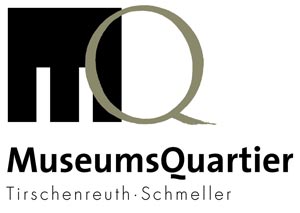
This section is dedicated to Johann Andreas Schmeller, a linguist, who was born in Tirschenreuth and wrote a dictionary of the dialect of Bavaria. Here, the history of the Bavarian language, which extends over a period of twelve centuries, is presented and made audible.
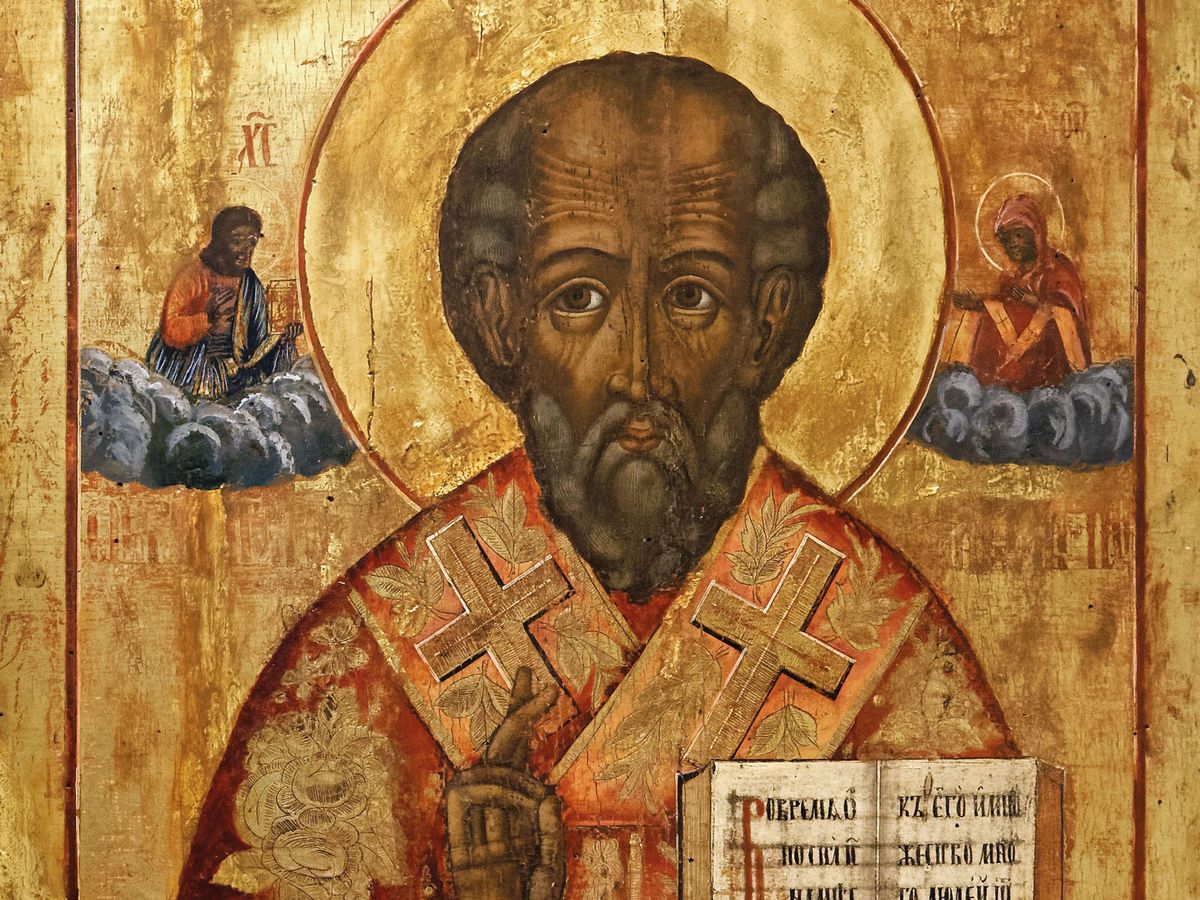
In this newly installed department of the “MuseumsQuartier”, you can marvel at 40 unique specimens from the collection of the well-known icon painter and collector Erich Werner. Icons do not only bear witness to a particular tradition of art, they also provide an opportunity to contemplate, to reflect and to explore a rich and colourful presentation of the gospel.
